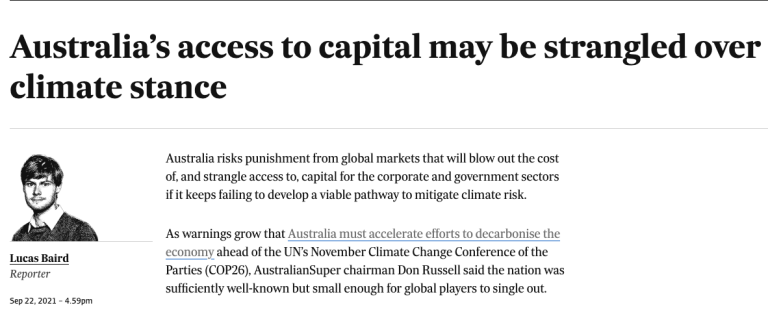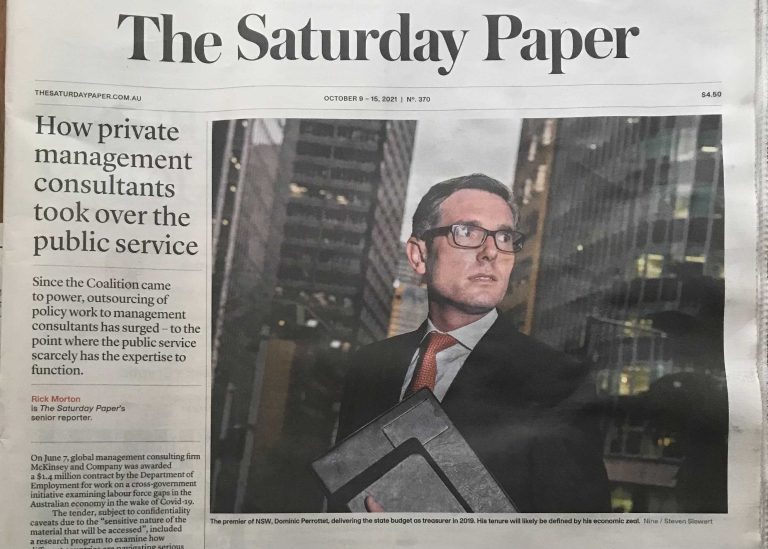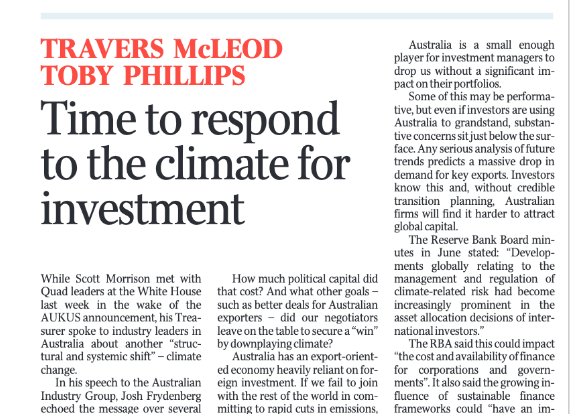There are few remaining points of ideological difference between the two major parties. When it comes to the funding of healthcare, particularly private health insurance, Ross Gittins can’t see too great a difference.
Gittins picks up CPD’s recent discussion paper and he writes in The Sydney Morning Herald and The Age:
So, just as the Libs now accept the legitimacy of Medicare, so Labor now accepts the legitimacy of taxpayer-subsidised and enforced private health insurance. One of the few remaining ideological gaps has greatly narrowed.
The pity is that, as John Menadue and Ian McAuley explain in a new paper published by the Centre for Policy Development, subsidising private health insurance doesn’t only advantage the better-off (including yours truly), it makes healthcare more expensive than it needs to be.
Healthcare costs to the community – whether funded by the taxpayer or privately – are already growing rapidly and are set to keep outpacing most other costs, becoming by far the greatest pressure on government budgets.
That makes healthcare the greatest source of pressure for rising taxes. Nothing wrong with that – provided we get value for money. But that’s just where private insurance lets us down.
Howard’s subsidy of health fund premiums was really a vote-buying election promise and a gift to the well-insured Liberal heartland. He tried to justify it by claiming that getting more people into private insurance would relieve the pressure on public hospitals.
As all the experts predicted at the time, it didn’t work. It shifted patients from public to private, but it also shifted doctors from public to private, leaving public queues little changed. It did, however, subsidise the better-off in their efforts to jump the queue.
As anyone who’s done high school economics could tell you, the benefit from a government subsidy of the price of something is shared between the buyer and the seller. The health funds have become a lot more profitable than they used to be.
All arrangements that separate the true cost of something from what you appear to pay for it at the counter encourage overconsumption, overservicing and overcharging. That’s true of Medicare as well as private insurance.
But unlike private insurance, Medicare has countervailing advantages. Being a single national payer, it has lower administrative costs and, more to the point, greater ability to counter the market power of healthcare providers.
Our many private health funds have little ability – and little incentive – to counter overservicing and overcharging. It’s a well established principle in health economics that those countries with the greatest reliance on private insurance to finance healthcare have the most expensive healthcare – without a commensurate improvement in their health. The United States is the classic case.
Using carrots and sticks to prop up private insurance not only subsidises a two-class health system, it delivers its greatest benefit to the incomes of medical specialists. Great idea.
 Change can happen faster than you think – help us seize the moment and point to the alternatives. Add your voice to ours!
Change can happen faster than you think – help us seize the moment and point to the alternatives. Add your voice to ours!



